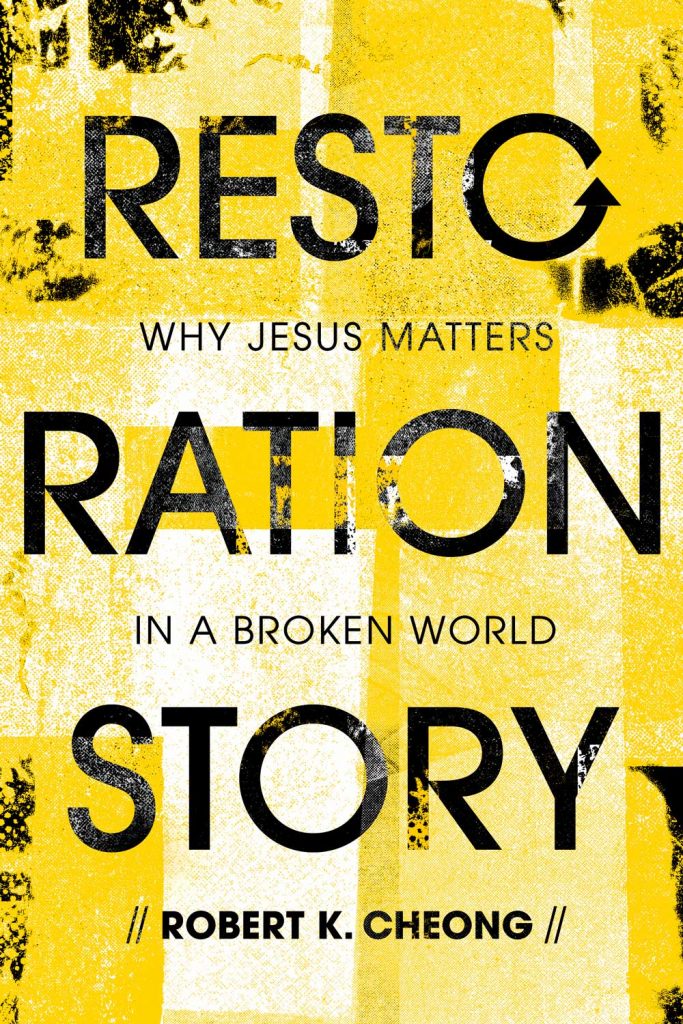“What’s Your Story?”
“What was it like growing up?” “What were some important moments in your life?” “What did you learn during that season of life?” We hear these questions everywhere. You might hear such conversations at a coffee shop, college dorm, or in a counselor’s office, because we are intrigued by stories. Many people believe that our stories hold the key to big life questions like, “Who am I?” “What’s my purpose?” “Why do I do the things I do?” “Why do I feel this way?” Yet many times we don’t slow down enough to reflect about our lives. And for some of us, thinking about our past dredges up painful memories we would prefer to avoid. Even if people want to work through their story, most would not know where to start or how to go about it. It’s easy to assume that we have to sit down with a counselor to process parts of our story.
But what is your story? Your story is your life, made up of the events and experiences that have shaped who you are and how you live. Understanding your story—all that has made you who you are—will help you know how to live and love right now.
How Does Your Story Shape You?
How does your story shape you? First, a broken story distorts how you see and understand life. Let’s say you grew up in a divorced home and witnessed harsh conflicts. Perhaps you were stuck in the middle, playing mediator or peacemaker. After the divorce, you spent many sleepless nights wondering what happened to your family. You might even have struggled with whether your parents loved you, and if you could have done something to keep your parents together. All of these and other experiences may have led you to believe that you are not loved and to believe relationships are impossible and you can’t/shouldn’t trust anyone.
Second, the things that you experience throughout life can damage your soul. Perhaps you feel unworthy, used, not good enough, or different from everyone else after repeated occurrences or even seasons where you were overlooked, critiqued, or abused. Shame blankets how you see yourself and how you live today. You may also struggle with relentless anxiety, fearful of what others might think of you or how they might respond if they knew parts of your story. Along with the shame and fear is a lingering feeling of sadness or depression. You wonder why your life has turned out the way it is.
Third, your story can define how you see your life. You may see your entire life through the lens of the child whose parents divorced, the teenager who was sexually assaulted, or as one who was orphaned after a tragic car accident. Given all that can happen to a person, it’s easy to see how people can see their entire life through the lens of hard experiences that have deeply impacted their souls and stories. But Jesus wants us to see our stories through a different lens.
Jesus Knows Your Story
Before he died, Jesus prepared his disciples for his death in what is known as the farewell discourse, captured in John 14-16. Even though he was speaking to his disciples in the moment, his words also speak to us in our moments.
Jesus starts by saying, ““Do not let your hearts be troubled. You believe in God; believe also in me” (John 14:1). He knew that his disciples would see, hear, and experience circumstances and conflicts that would confuse, threaten, and hurt them, resulting in responses like fear, anger, shame, guilt, and sorrow. Jesus continues, “Peace I leave with you; my peace I give you. I do not give to you as the world gives. Do not let your hearts be troubled and do not be afraid” (John 14:27). Jesus teaches them that the Holy Spirit would teach them and remind them of all he told them and that he would be their Advocate.
Also, knowing they would experience trouble and their hearts would be troubled, Jesus invites his disciples to abide in his love by keeping his commandments (John 15:10). Jesus points to his resurrection as he assures them, “Truly, truly, I say to you, you will weep and lament, but the world will rejoice. You will be sorrowful, but your sorrow will turn into joy” (John 16:20). As he ends his discourse, Jesus declares, “I have told you these things, so that in me you may have peace. In this world you will have trouble. But take heart! I have overcome the world” (John 16:33).
Jesus knows all of the highs and lows, joys and sorrows, praise and pain found in your story. Believe it or not, he knew every day of your life before you were born (Psalm 139:16). Jesus knows all of the ways your story distorts how you see and understand your relationships, how it has damaged your soul, and how it defines your life. But Jesus is saying to you, “take heart, I have overcome the world.”
Engaging the Spiritual Warfare
Bringing your story to God and accepting his love in the midst of your pain and confusion will mean engaging in spiritual warfare. The Enemy wants to use every bit of your story to confuse you about EVERYTHING (yourself, God, others). If you accept the reality of spiritual warfare and Satan’s purpose to take everything meant for good and use it for evil, then you can understand how working through your story is a primary way to engage in spiritual warfare—to fight against the Enemy who is fighting against you and God.
You can also understand working through your story as God’s providential goodness to draw you deeper into his love and to conform you more and more into the image of Christ.
Jesus Wants You to Face Him as You Face Your Story
Jesus invites us to work through our stories so that we can understand how our story keeps us from loving God with all of our heart, soul, mind, and strength and from loving others (Matthew 22:37–40). More importantly, your Good Shepherd wants to lead you through the dark valleys, to serve as your wisdom through your confusing and dark chapters, to comfort you during the painful twists and turns as you work through your story. Jesus seeks to draw you into a deeper relationship with him where you trust him more so that you will know and experience his love more personally and intimately, not despite, but because of your story.
Photo by Etienne Girardet on Unsplash






